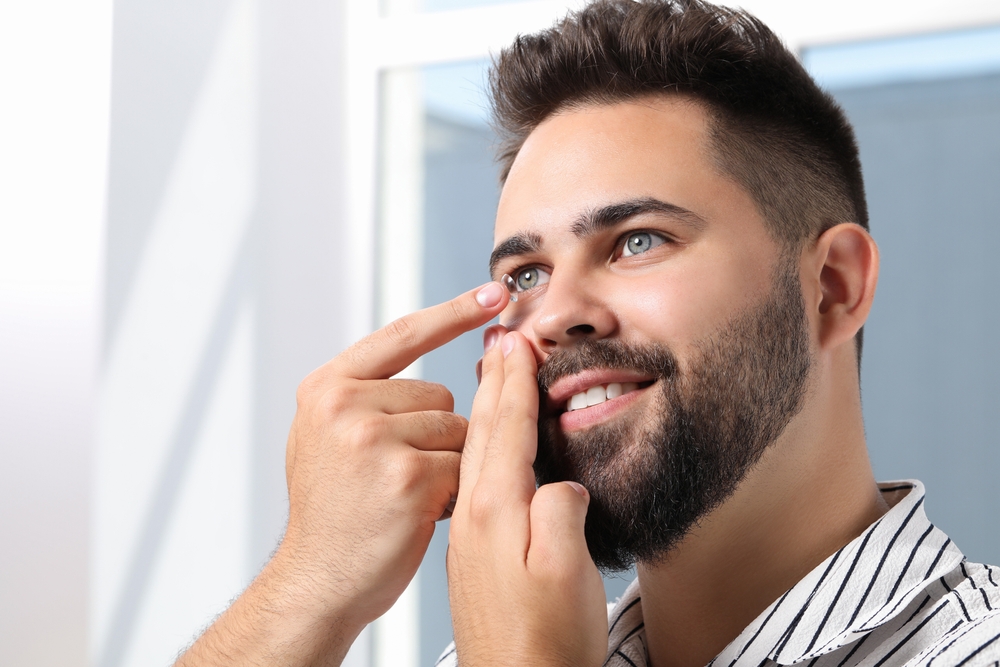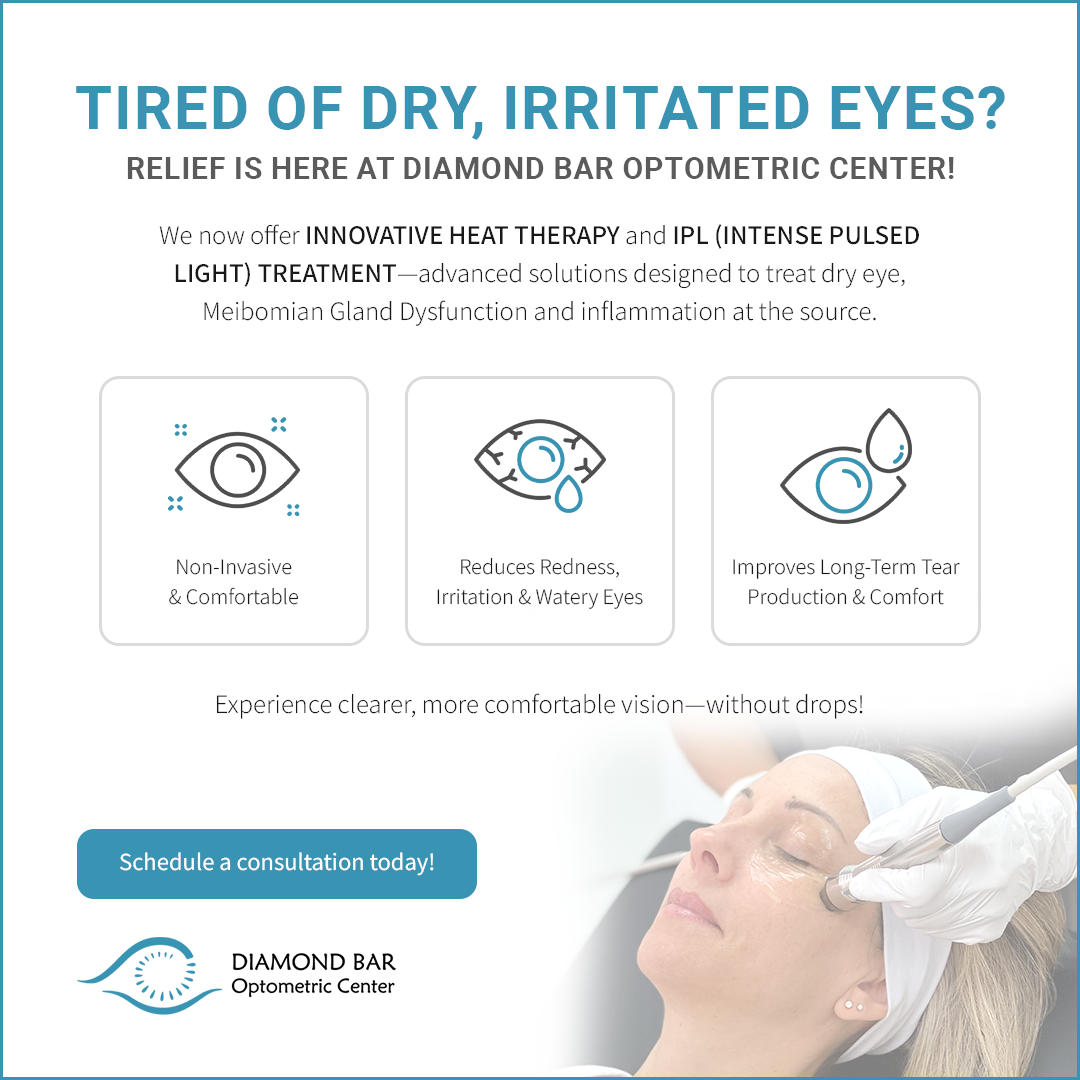
If you have certain eye conditions, you may find it difficult to wear regular contact lenses. Specialty contact lenses help individuals with conditions like dry eye disease, keratoconus, corneal scarring, and more. The lenses provide improved vision and relief from symptoms of the eye conditions. The different lenses have their pros and cons and are customized to suit each patient’s needs.
Custom Soft Contact Lenses
Soft lenses are made from soft, pliable materials, allowing them to conform to the eye shape. They are comfortable and allow more oxygen to the cornea. They are usually easy to adjust to but do not always provide the best vision. Lens materials include hydrogel and silicone-hydrogen. They are readily available as single-use contacts.
Rigid Gas-Permeable Lenses
Manufacturers make RGPs from rigid, durable materials. They provide clear, stable vision. The lenses are usually smaller than soft contacts and cover about 80% of the cornea. The design enables them to last long. They are easier to care for. However, they take longer to get used to. Most people do not find them as comfortable as soft lenses, but they provide better vision.
Hybrid Contact Lenses
You can choose hybrid lenses to get the benefits of both soft and rigid lenses. The lenses have a fixed center and soft skirt. The soft part of the lens drapes over the white of the eye (sclera), providing comfort. The stiff center offers the vision benefits of RGPs. The lenses are ideal for patients who want comfortable and crisp vision.
Scleral Contact Lenses
Scleral lenses are similar in material to RGPs but are larger in diameter. The lens design is ideal for people with irregular corneas or keratoconus who find it difficult to wear regular contacts. The lens vaults over the cornea to rest on the sclera. It helps to avoid the sensitive eye area. The curve creates a space that is filled with fluid to keep the eyes lubricated.
Toric Contact Lenses
Toric lenses are ideal for people with astigmatism. The design allows them to sit in the proper position to maintain a clear vision. The lenses also correct other refractive errors that go together with astigmatism. Everyone’s eyes are unique; you may need to try several lenses to find the perfect pair.
Orthokeratology Lenses
Orthokeratology or ortho-k lenses are nightwear lenses that help to reshape the cornea as the patient sleeps. After removing the rigid gas-permeable lenses in the morning, the individual can enjoy clear vision all day without wearing eyeglasses or contacts. The reshaping is temporary, and the cornea reverts to its original shape when you stop wearing the lenses.
Multifocal Contact Lenses
Multifocal lenses help to correct multiple vision conditions simultaneously. They can help patients with myopia and presbyopia. The contacts function like bifocal eyeglasses and have different materials. They allow the eye to correct several visual problems at once.
Other contact lens types are prosthetic soft lenses and colored cosmetic lenses. You must get a proper assessment and contact lens fitting for best results. A comprehensive eye exam will determine if you are a good candidate for contact lenses. If you have hard-to-fit eyes, an eye specialist can recommend lenses to suit your condition.
For more information on types of specialty contact lenses, visit Diamond Bar Optometric Center at our office in Diamond Bar, California. Call 909-861-4999 to book an appointment today.





